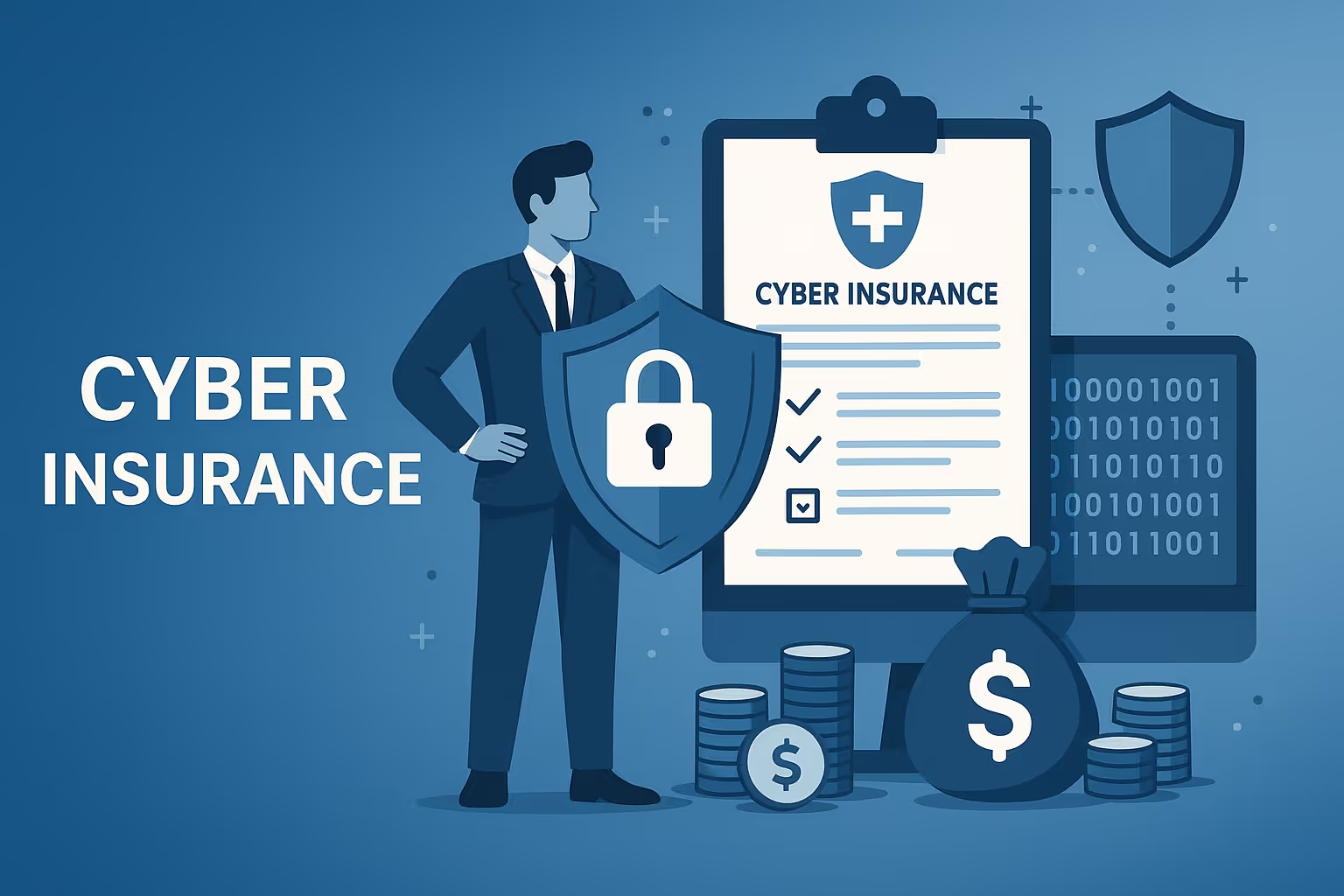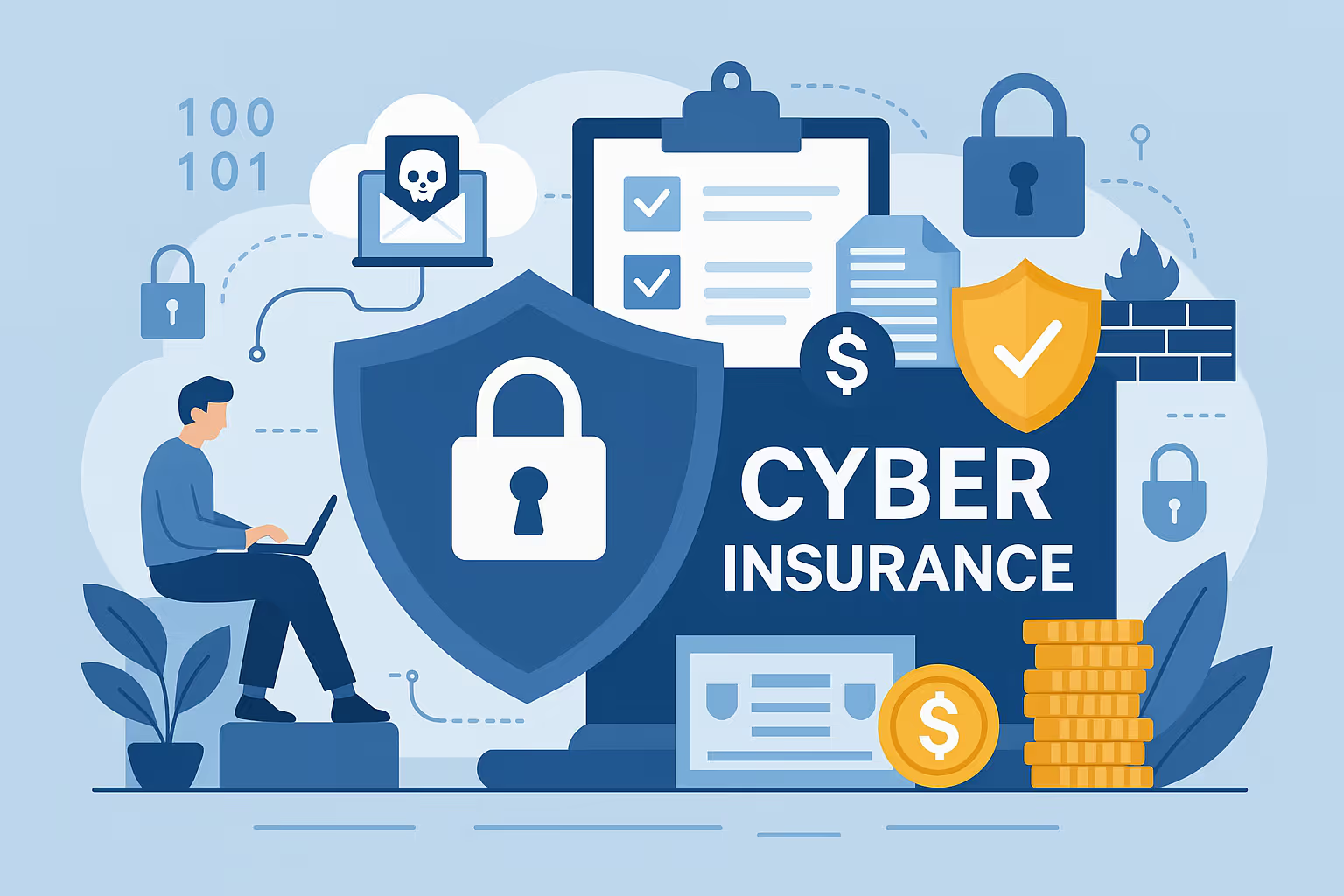
How to get...

Who provides...
Another category, specialized cyber insurers, including firms like Coalition and CyberPolicy, focuses exclusively on cyber risks. These providers typically offer more tailored coverage, including breach response support, third-party liabilities, and proactive risk management tools. Their offerings are designed to address the unique threats and compliance challenges faced by companies in highly regulated sectors like pharmaceuticals, biotech, and medical devices.
Finally, niche providers often concentrate on specific industry risks or size demographics. They bring deep sector expertise and customized coverage options that understand the complexities of handling sensitive data, intellectual property, and regulatory requirements in the U.S. market. Companies should look for providers with a strong track record in handling cyber incidents in the Pharma/Biotech/Medical Devices space, emphasizing prompt claims service and specialized risk mitigation strategies.
When evaluating cyber insurance providers for Pharmaceutical / Biotech / Medical Devices in the United States, organizations should consider:


Why need...
For these reasons, obtaining cyber insurance for Pharmaceutical / Biotech / Medical Devices in the United States is crucial. It not only assists in financial recovery through incident-related costs but also supports legal defense and crisis management. This specialized coverage is designed to address industry-specific threats and helps organizations maintain stability while they rebuild post-incident. Ultimately, securing a robust cyber insurance policy is a vital component of a broader risk management strategy, ensuring that companies can continue innovating and protecting patient safety without the overhanging threat of irreversible cyber losses.
Cyber insurance coverage for Pharmaceutical / Biotech / Medical Devices often includes protections for legal liabilities arising from data breaches and privacy compromises. This coverage covers expenses such as forensic investigations, breach notifications, credit monitoring for affected individuals, and legal defense costs. It is crucial for organizations holding sensitive patient and clinical trial data, proprietary research, and manufacturing details.
Cyber insurance coverage for Pharmaceutical / Biotech / Medical Devices typically includes business interruption coverage, which compensates for lost income resulting from disruption due to a cyber event. This benefit helps maintain cash flow and supports recovery during periods where production and research activities are halted.
Cyber insurance coverage for Pharmaceutical / Biotech / Medical Devices includes provisions to address cyber extortion threats such as ransomware attacks. This coverage assists with ransom payments, negotiation fees, and associated costs including public relations support and expert consultations.
Cyber insurance coverage for Pharmaceutical / Biotech / Medical Devices also addresses the expenses related to defending against regulatory investigations and managing fines imposed for non-compliance or data breaches. This coverage is especially critical as the sector is subject to strict regulatory oversight.
Build Security with OCD Tech That Meets the Standard — and Moves You Forward
Contact Us
US pharma, biotech & med device firms need tight cyber controls. They protect R&D & patient data. Underwriters review defenses for policy.
Secure Your Business with Expert Cybersecurity & Compliance Today
Contact Us


Differences by State...
For organizations in the Pharmaceutical / Biotech / Medical Devices sector, understanding the state-specific variations in cyber insurance policies is crucial. These differences impact coverage, premiums, compliance obligations, and risk management strategies. Here are some key points that highlight these differences:

Compliance & Frameworks...
Each framework plays a specific role in shaping cyber insurance policies. Insurers typically view organizations with established compliance programs as lower risks, often resulting in reduced premiums, higher coverage limits, and more favorable underwriting conditions. For companies in our sector, meeting these requirements not only enhances cybersecurity defense but also builds trust with partners and clients.

Audit. Security. Assurance.
IT Audit | Cybersecurity | IT Assurance | IT Security Consultants – OCD Tech is a technology consulting firm serving the IT security and consulting needs of businesses in Boston (MA), Braintree (MA) and across New England. We primarily serve Fortune 500 companies including auto dealers, financial institutions, higher education, government contractors, and not-for-profit organizations with SOC 2 reporting, CMMC readiness, IT Security Audits, Penetration Testing and Vulnerability Assessments. We also provide dark web monitoring, DFARS compliance, and IT general controls review.
Contact Info
.svg)
OCD Tech
.svg)
25 BHOP, Suite 407, Braintree MA, 02184
.svg)
844-623-8324
.svg)
https://ocd-tech.com
Follow Us
Videos
Check Out the Latest Videos From OCD Tech!
Services
SOC Reporting Services
– SOC 2 ® Readiness Assessment
– SOC 2 ®
– SOC 3 ®
– SOC for Cybersecurity ®
IT Advisory Services
– IT Vulnerability Assessment
– Penetration Testing
– Privileged Access Management
– Social Engineering
– WISP
– General IT Controls Review
IT Government Compliance Services
– CMMC
– DFARS Compliance
– FTC Safeguards vCISO